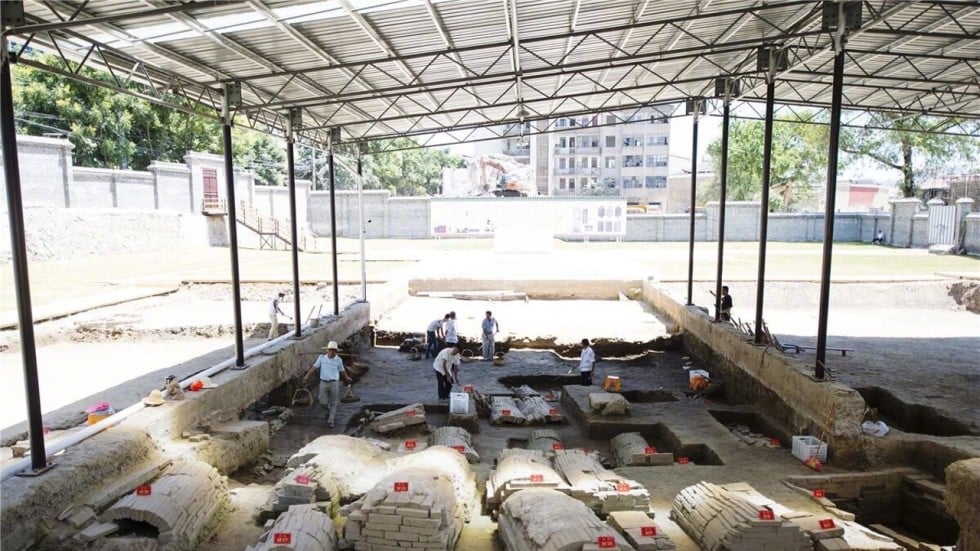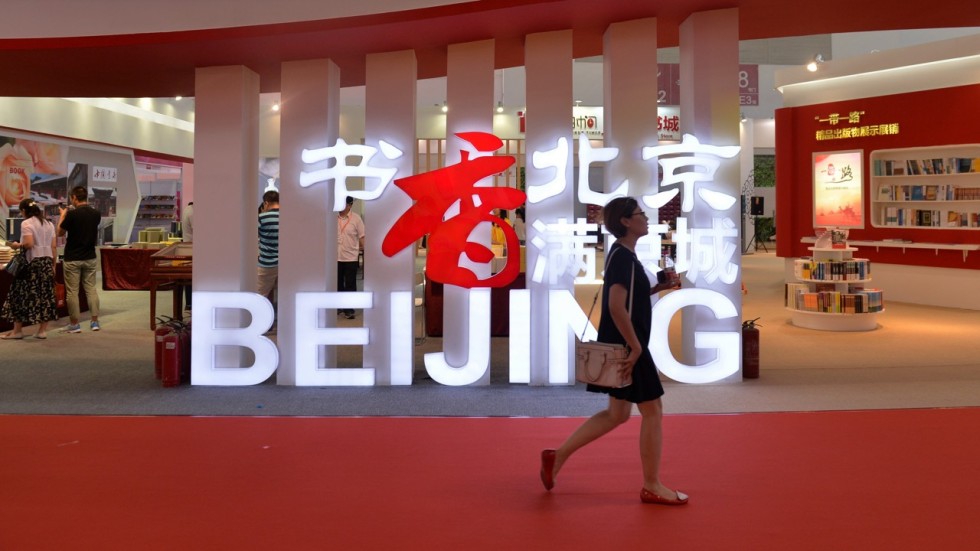Source: China Heritage (6/30/17)
Mourning
By Geremie R. Barmé
When Oliver Sacks learned that his ocular melanoma had returned after a period of what he called ‘intermission’, he said he wished for a ‘speedy dissolution’. In My Own Life Sacks describes the feelings experienced as a person gradually loses loved ones and friends. He calls it a kind of ‘abruption’:
I have been increasingly conscious, for the last 10 years or so, of deaths among my contemporaries. My generation is on the way out, and each death I have felt as an abruption, a tearing away of part of myself. There will be no one like us when we are gone, but then there is no one like anyone else, ever. When people die, they cannot be replaced. They leave holes that cannot be filled, for it is the fate — the genetic and neural fate — of every human being to be a unique individual, to find his own path, to live his own life, to die his own death.
A tearing away, a sense of rending, heartfelt pain and emotional despair: that’s how I responded to the news this week that Liu Xiaobo, China’s leading Nobel Laureate and pre-eminent political prisoner, had been given ‘medical leave’ from gaol to receive treatment for late-stage liver cancer.
— Geremie R. Barmé, Editor, China Heritage
Mourning
Geremie R. Barmé
30 June 2017
I’ve been mourning Liu Xiaobo for a quarter of a century.
For five intense and eventful years in the late 1980s and early 1990s Xiaobo and I shared what I believe was a real friendship, something special to both of us. We weren’t pengyou朋友 in that vacuous, Sino-American ‘everyone’s my friend’ kind of way; nor were we gemen’r 哥們兒, that smart ass Beijing version of buddy-buddiness. Much less, thank heavens, did we ever become lao pengyou 老朋友, an accursed expression that, in reality, indicates a long-term association reaffirmed by bonds of mutual benefit, imposing thereby an exploitative emotional burden on both parties. Nonetheless, we were, to use the Beijing argot, tie 鐵, iron-clad. Continue reading ‘Mourning’ Liu Xiaobo →





